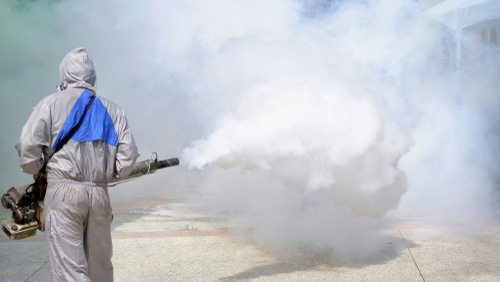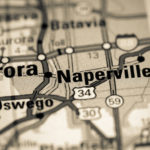Naperville City’s mosquito control program underway

To control the mosquito population, Naperville City employs several strategies. The residents can also take several precautions to avoid mosquito bites and reduce the number of mosquitoes around their homes. The City’s crew targets the mosquito in the larval stage by inspecting for and removing standing water wherever possible and treat ponds, marsh areas and catch basins.
The City continuously monitors and tests its 12 mosquito traps each week. The traps are monitored to evaluate the effectiveness of larval control, provide early warnings for when the adult populations are rising and also test for West Nile Virus. The City utilizes spraying to control the adult mosquito population if necessary.
The City uses the safest available chemicals in very low volumes and sprays only as needed. West Nile Virus is a mosquito-borne virus. It transmits through the bite of a mosquito that has picked up the virus by feeding on an infected bird. Most infected people show no symptoms or experience very mild symptoms three to 14 days after the bite of an infected mosquito.
The mild symptoms include:
- Fever
- headache and body aches
- occasionally with a skin rash on the trunk of the body
- and swollen lymph glands.
Severe symptoms are developed in less than one percent of infected people with West Nile Virus. The highest risk of severe disease is for persons older than 50 years of age. Reducing the number of mosquitoes around your home and taking personal precautions to avoid mosquito bites is the best way to prevent West Nile disease or any other mosquito-borne illness. Removing the standing water areas is encouraged. The water areas can act as a breeding ground for this insect.









